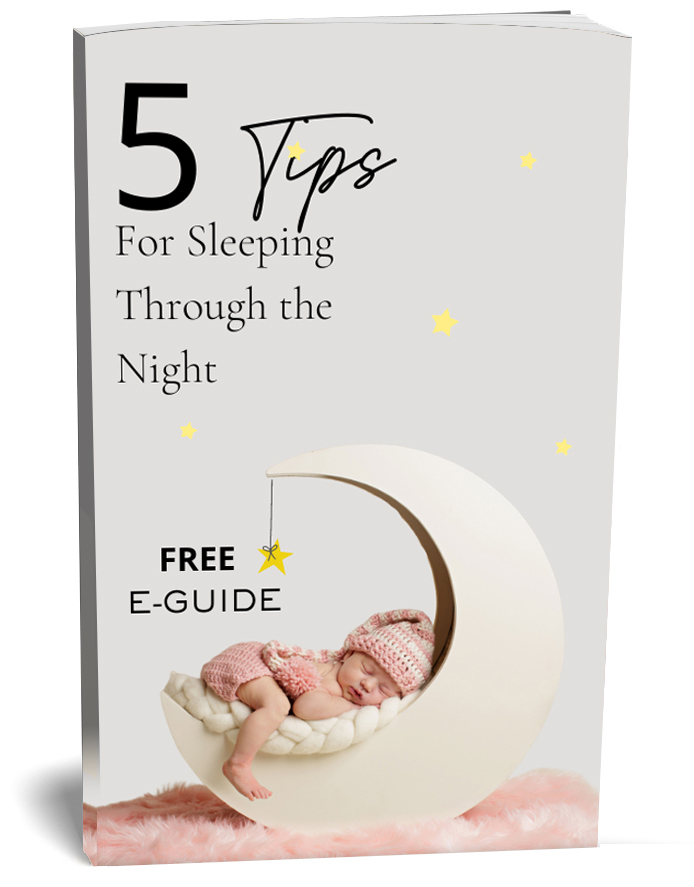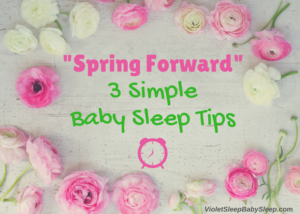
With daylight savings time just around the corner, that means we lose an hour of sleep, but for your baby, this can mean another monkey wrench thrown into his/her sleep schedule. If you have an early riser you may be getting excited about your baby waking an hour later. But it may not be that simple. Your baby’s internal sleep clock helps put her to sleep at a certain hour and helps wake her up at pretty much the same time each morning. So it may be a little difficult to put your baby to sleep at the usual bedtime and have her wake an hour later in the morning. Also, if your baby needs to have a set bedtime and wake up time for daycare, you will certainly need to prepare since she will most likely have a difficult time going to bed at her usual time. To help make daylight savings time an easy transition for your baby, follow these 3 simple tips.
Prepare for daylight savings time, ahead of time.
You will have to change your baby’s entire daytime schedule, not just bedtime. So for the 6 days prior to daylight savings, shift your baby’s schedule by 10 minutes each day until you reach the full hour. This will give your baby a chance to adjust, without a drastic change in his/her sleep schedule. A young baby, or a baby that doesn’t adjust well to change, will not be able to handle an hour time change easily. Prepare your baby slowly and ahead of time. Here is a sample schedule for a 7 pm bedtime.
Day Bedtime
Day 1 7:00pm
Day 2 6:45pm
Day 3 6:30pm
Day 4 6:15pm
Day 5 6:00pm
On Daylight Savings 6 pm will become 7 pm. From this moment give your baby about a week to adjust. Some babies with really set internal clocks will need two weeks to adjust and start going to bed easily and waking at their regular time.
If you haven’t had enough time to prepare ahead prior to the time change, no worries, you can even do this after the time change.
Be prepared to deal with some bedtime troubles.
As I mentioned your baby’s internal clock is set to get her ready for bed at a certain hour. With daylight savings time, you will be putting your baby down an hour earlier than she usually goes down. The new 7 pm bedtime, will actually be 6 pm prior to the time change. Meaning your baby will most likely have a hard time falling asleep that early. It will take about a week for your baby’s internal clock to be reset to the new schedule. Helping your baby settle for the night by dimming the lights and creating a calm and quiet environment before bed will be important.
Get some good blackout blinds.
Daylight savings time means the sun will still be out during the evening hours. If your baby is used to falling asleep in the dark, it may be really difficult for him/her to fall asleep with even the slightest light coming in. Also, light suppresses melatonin, the hormone that helps your baby sleep, making the room nice and dark will help tremendously. This is particularly important if your baby has to be up early in the morning for daycare. Making sure the room is dark so that your baby can fall asleep and get a proper amount of night sleep is very important. Here are my absolute favorite blinds. They don’t permit any light and are a perfect solution for daylight savings time, early bedtimes, and even nap troubles. Best part…no hardware with these!!
This article contains affiliate links, but don’t worry I only recommend products that I absolutely love!




















